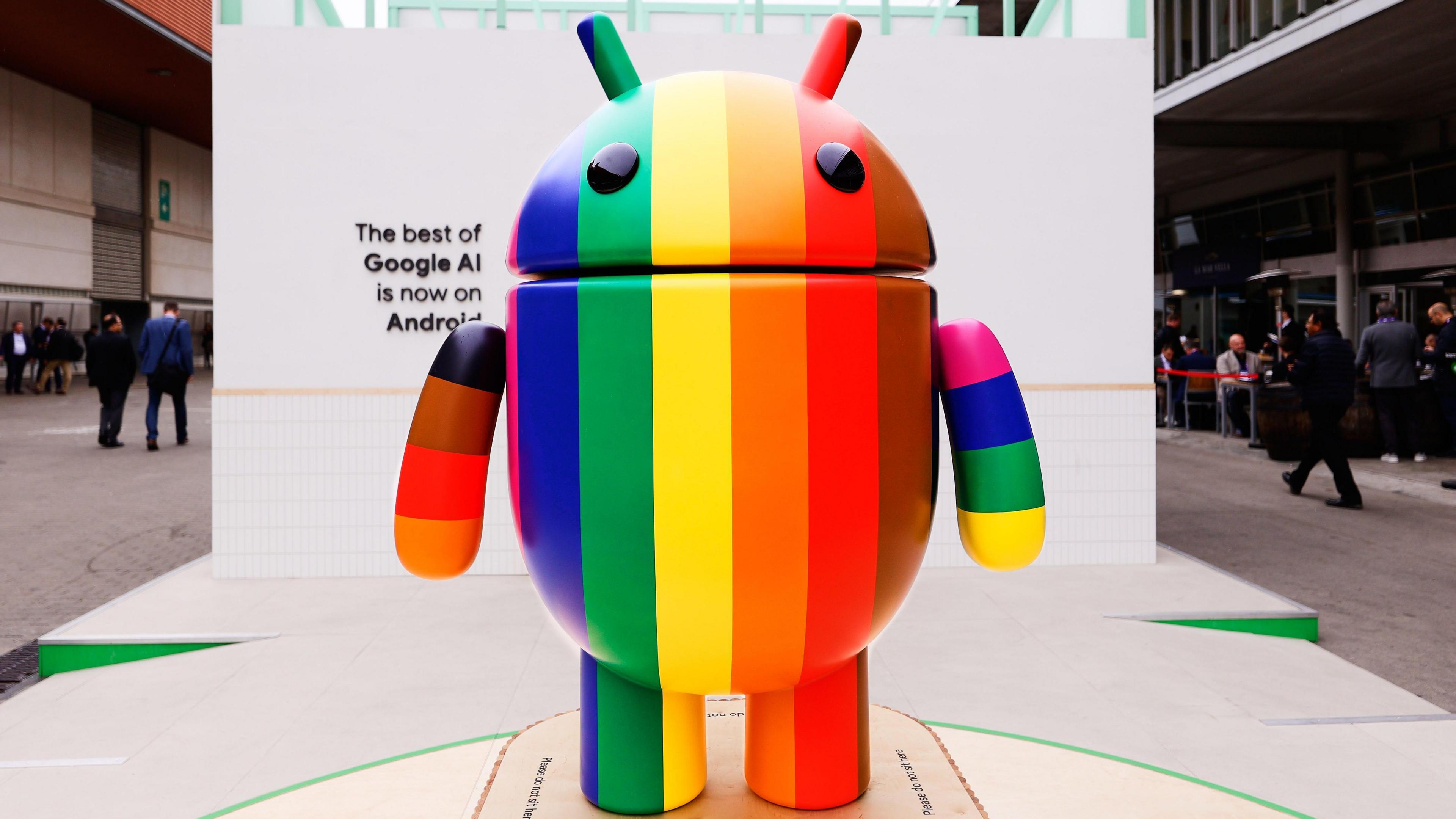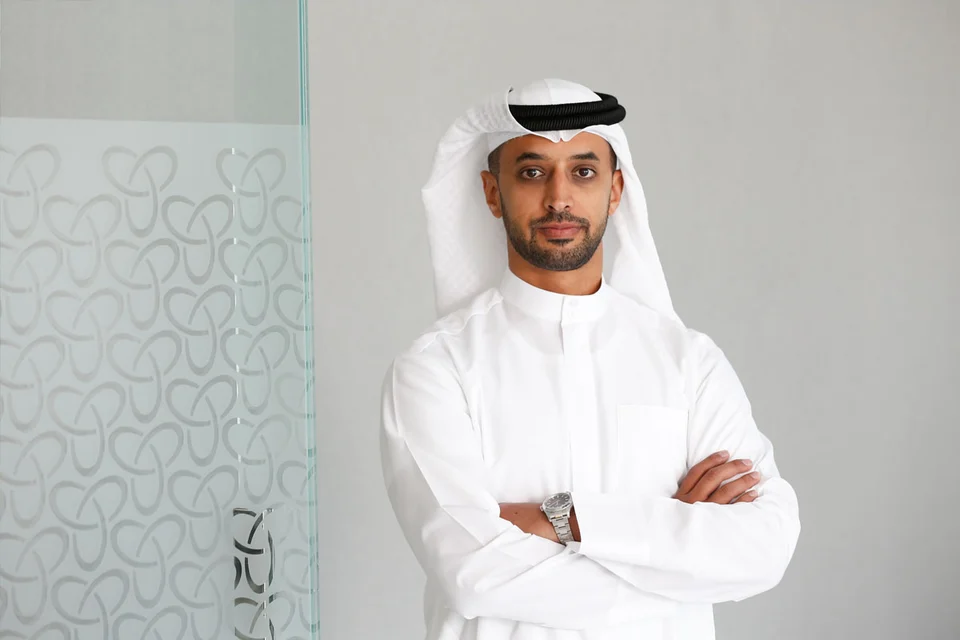
Global leaders and experts are gathering in Paris for the AI Action Summit to discuss the latest advancements and future goals of this disruptive technology. Held at the historic Grand Palais in Paris, the summit has attracted representatives from 80 countries, including government officials, tech giants, and academics, reflecting the international community's high level of attention to the development of artificial intelligence.
In addition to the official agenda, the rapid emergence of the Chinese AI assistant DeepSeek has added a new focal point to the summit. With its efficiency and rapid spread, DeepSeek is challenging the United States' leading position in the field of artificial intelligence, prompting countries to re-evaluate their own strategic layouts in the field of AI. This competitive landscape is spurring broader discussions and a need for cooperation.
Professor Gina Neff of the University of Cambridge's Minderoo Centre for Technology and Democracy points out that there is currently a lack of global leadership in the field of artificial intelligence. Professor Wendy Hall of the University of Southampton also believes that the emergence of DeepSeek makes people realize that China's influence in the field of artificial intelligence cannot be underestimated. She emphasizes that we need a global conversation, not just following the footsteps of large American West Coast companies.
The timing of this summit is opportune, providing new opportunities for cooperation among countries. An official from French President Macron described the summit as a "wake-up call" for France and Europe, emphasizing that Europe should not miss the AI revolution. Indian Prime Minister Modi has also confirmed his attendance at the summit, while the United States has sent a strong delegation, including Vice President JD Vance, OpenAI CEO Sam Altman, and Google CEO Sundar Pichai, to defend its position in the field of artificial intelligence.
AI safety is another important issue at this summit. AI safety covers many risks, including information dissemination, bias and discrimination, the development of AI weapons, and potential computer viruses. Professor Geoffrey Hinton, a pioneer in the field of artificial intelligence, believes that in the long run, the risk of AI surpassing human intelligence and trying to control humans will prompt countries to strengthen cooperation and jointly address this challenge. Max Tegmark, founder of the Future of Life Institute, also calls for the development of binding safety standards to ensure that the development of artificial intelligence serves humanity, rather than replacing it.



















